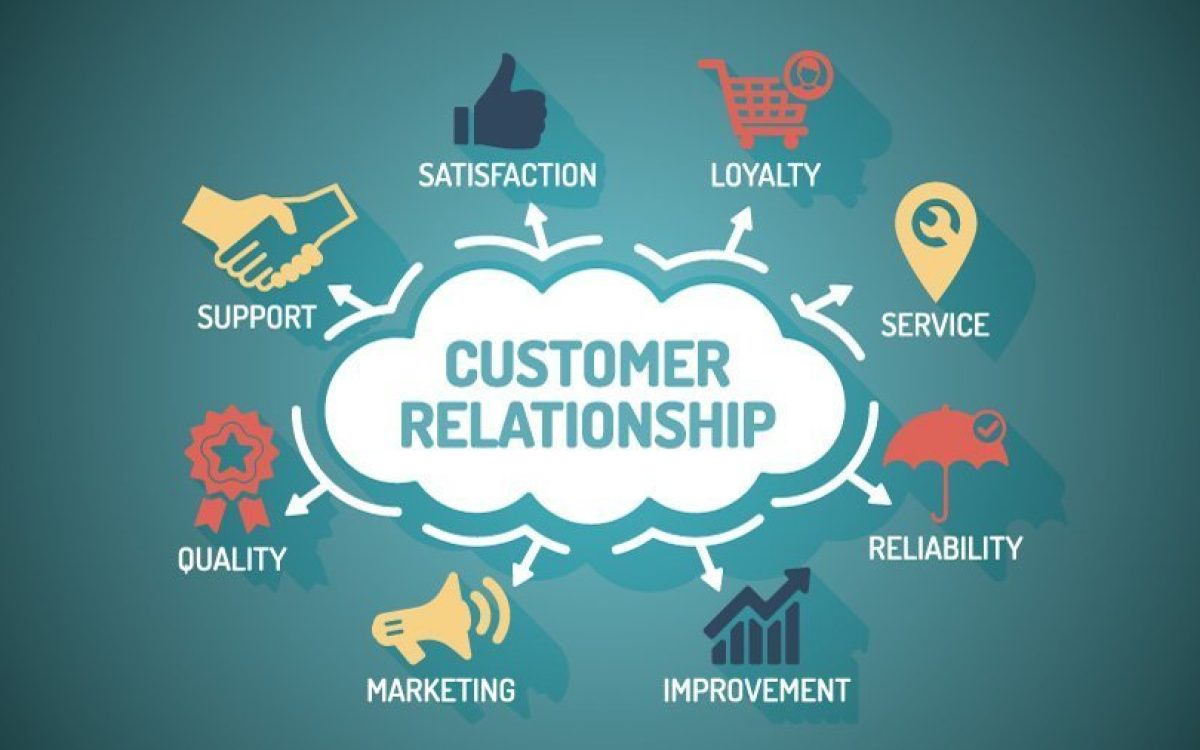Customer Relationship Management (CRM) systems are powerful tools that enable businesses to build, maintain, and strengthen relationships with their customers. Whether you run a small business or a multinational enterprise, adopting a CRM system can significantly enhance your operations and boost profitability. In this article, we delve into the intricacies of CRM, its key features, and how it can benefit your organization.
Understanding CRM: An Overview
At its core, CRM software is a centralized platform designed to manage interactions with customers and prospects. By organizing customer data, tracking communications, and analyzing behavioral trends, CRM systems allow businesses to deliver a personalized experience to their clients.
The primary functions of a CRM include:
- Data Organization: Collecting and storing customer information in a structured database.
- Contact Management: Maintaining detailed records of customer interactions.
- Sales Automation: Streamlining sales processes, from lead generation to closing deals.
- Customer Support: Enhancing service through ticket management and quick resolutions.
- Analytics and Reporting: Providing insights into customer behaviors and business performance.
Key Benefits of Implementing a CRM System
1. Improved Customer Relationships
A CRM enables businesses to gain a deeper understanding of their customers. By centralizing customer data, businesses can tailor their interactions, anticipate needs, and foster stronger relationships. For example, a CRM can help track previous purchases, enabling personalized recommendations.
2. Enhanced Team Collaboration
With a shared platform, teams across sales, marketing, and customer service can collaborate seamlessly. CRM systems ensure that every team member has access to up-to-date information, reducing miscommunication and improving efficiency.
3. Increased Sales and Revenue
By automating tasks such as lead tracking and follow-ups, CRMs help sales teams focus on closing deals. Features like pipeline management and forecasting also allow businesses to identify opportunities and optimize their strategies.
4. Streamlined Marketing Efforts
CRM platforms often integrate with marketing tools, enabling businesses to run targeted campaigns. By segmenting audiences and analyzing performance, companies can fine-tune their marketing efforts for better results.
5. Better Decision-Making
CRM analytics provide actionable insights into customer trends and business metrics. These data-driven insights empower businesses to make informed decisions that align with their goals.
Essential Features to Look for in a CRM
When selecting a CRM system, it is crucial to assess your business needs and choose a platform with the right features. Key functionalities to consider include:
Contact and Lead Management
A robust CRM should allow you to store and manage detailed customer and lead profiles. This feature ensures that your team can easily access critical information, such as contact details, interaction history, and purchase records.
Automation Capabilities
From email follow-ups to task scheduling, automation is a vital feature that saves time and enhances productivity. Look for a CRM with customizable workflows to suit your business processes.
Integration Options
Seamless integration with other tools, such as email platforms, marketing automation software, and accounting systems, is essential for a unified workflow.
Customizable Dashboards and Reports
The ability to create personalized dashboards and generate custom reports helps businesses track their performance metrics and identify areas for improvement.
Mobile Accessibility
In today’s fast-paced environment, mobile access is a must. A mobile-friendly CRM ensures that your team can work on the go without compromising efficiency.
How CRM Enhances Customer Experience
Personalization at Scale
CRM systems enable businesses to deliver tailored experiences by analyzing customer data. For instance, a retail business can use purchase history to recommend products that align with customer preferences.
Proactive Support
By monitoring customer interactions and identifying potential issues, a CRM allows businesses to address concerns before they escalate. Automated alerts can notify your team of high-priority cases, ensuring prompt resolutions.
Faster Response Times
With a centralized database and streamlined processes, customer service teams can resolve queries faster. Features like chatbots and self-service portals further enhance the customer experience.
Choosing the Right CRM for Your Business
Selecting the right CRM involves evaluating your business requirements, budget, and long-term goals. Here are a few steps to guide your decision:
- Identify Your Needs: Determine which processes you want to optimize and the features you require.
- Set a Budget: Consider the total cost of ownership, including setup fees, subscription plans, and training expenses.
- Compare Options: Research different CRM providers, read reviews, and request demos to assess usability and functionality.
- Scalability: Ensure the CRM can grow with your business, accommodating more users and data over time.
- Vendor Support: Choose a provider with reliable customer support and comprehensive onboarding resources.
Popular CRM Platforms to Consider
1. Salesforce
Known for its robust features and scalability, Salesforce is ideal for enterprises seeking a comprehensive solution. It offers advanced analytics, AI-driven insights, and extensive integrations.
2. HubSpot CRM
HubSpot’s free CRM is perfect for small businesses. It provides core functionalities such as contact management, email tracking, and basic reporting, with paid plans offering additional features.
3. Zoho CRM
Zoho CRM is a cost-effective option that caters to businesses of all sizes. Its user-friendly interface and extensive customization options make it a popular choice.
4. Microsoft Dynamics 365
This CRM integrates seamlessly with other Microsoft tools, such as Office 365 and Azure, making it an excellent choice for businesses already using Microsoft products.
5. Pipedrive
Pipedrive is a sales-focused CRM designed to simplify pipeline management. Its intuitive design and automation features help teams close deals faster.
Final Thoughts
Implementing a CRM system is no longer a luxury—it’s a necessity for businesses aiming to thrive in today’s competitive landscape. By investing in the right CRM, you can enhance customer satisfaction, boost efficiency, and drive revenue growth.
Take the first step today by exploring CRM platforms that align with your business goals. With the right tools and strategy, you can unlock new opportunities and build lasting relationships with your customers.





